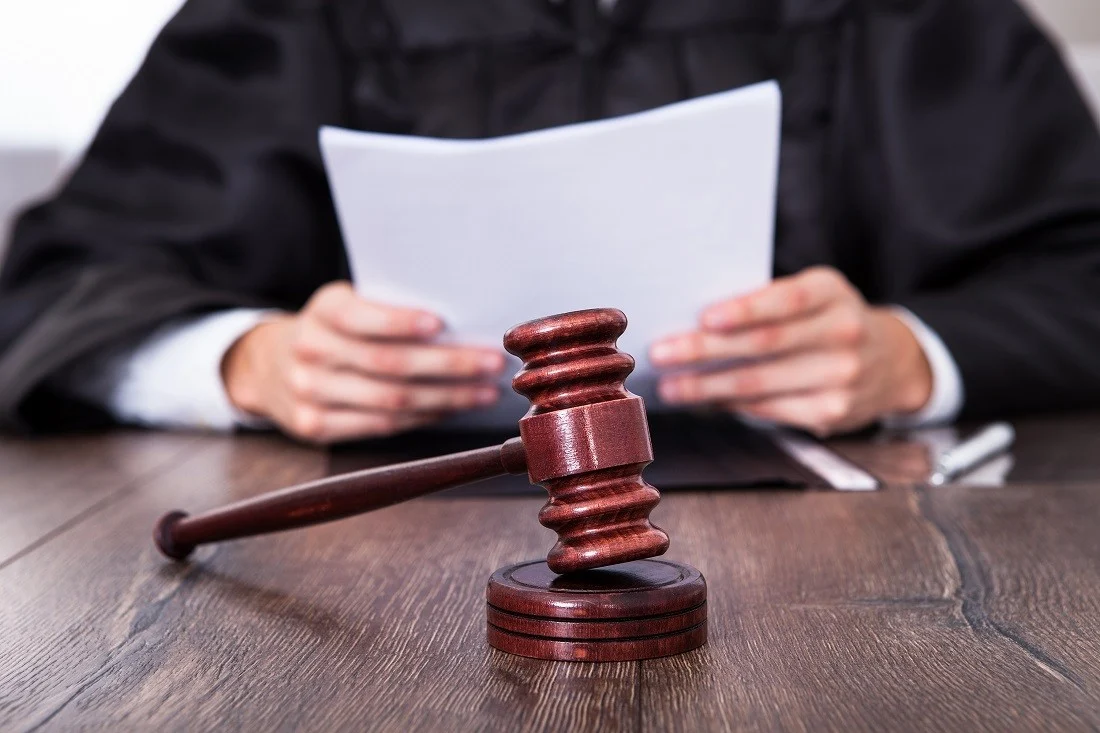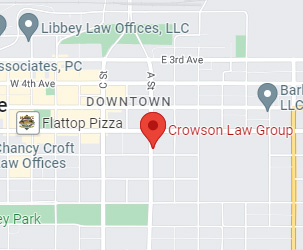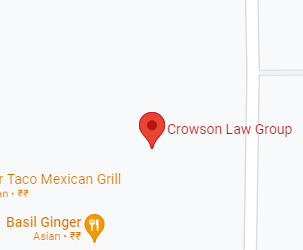Alaska Personal Injury Laws & Statutory Rules

Determining applicable laws is essential for anybody bringing a personal injury claim. If you are injured in an accident caused by someone else, the responsible party is held liable for the damages caused to you.
In Alaska, several statutes and regulations are related to personal injury claims and filing procedures. This guide gives you all the information you need to understand how Alaska’s personal injury laws work to make informed decisions when seeking compensation.
Time Limits for Filing a Lawsuit
If injured in an Alaska accident, you might wonder how long you must file a lawsuit. In Alaska, most personal injury lawsuits must be filed within two years of the date of the accident. This is known as the “statute of limitations.” However, there are some exceptions to this rule. So it’s important to consult with Anchorage, Alaska attorneys to determine the deadlines that apply in your case.
In addition to the statute of limitations, statutes of repose may apply in some cases. These laws set a deadline for filing a lawsuit regardless of when the accident occurred. For example, many product liability claims are subject to a statute of repose requiring the lawsuit to be filed within ten years of the date the product was first sold.
Again, it’s important to consult with an experienced personal injury attorney to determine whether any statutes of repose apply in your case.
Medical Malpractice
In Alaska, medical malpractice is governed by a few statutes.
- Alaska Statute 09.55.590 provides that a health care provider cannot be held liable for damages in a civil action unless the plaintiff proves, by clear and convincing evidence, that the health care provider breached a duty of care owed to the plaintiff and that the breach was a proximate cause of the plaintiff’s damages.
- Alaska Statute 09.55.596 provides that a health care provider is not liable for damages in a civil action if the health care provider acted in good faith and within the bounds of reasonable professional skill and judgment.
- Alaska Statute 09.55.625 provides that a healthcare provider is not liable for punitive damages in a medical malpractice action unless the plaintiff proves by clear and convincing evidence that the healthcare provider’s actions were motivated by evil intent or showed a reckless or wanton disregard for the rights of others.
Personal Injury Statutes
Alaska is a “fault” state when it comes to car accidents. The person responsible for an accident is also responsible for any resulting injuries. If involved in a car accident, you should file a claim with the at-fault driver’s insurance company.
You generally have two years from the accident date to file a lawsuit. You may be barred from pursuing any compensation for your injuries if you do not file within this timeframe.
Finally, it is important to know that Alaska has a “comparative negligence” rule regarding personal injury cases. This means that if you are found to be partially at fault for an accident, your damages will be reduced by your percentage of fault. For example, if you are found to be
If injured in an accident in Anchorage, Alaska, it is important to know your legal rights and options. Alaska’s personal injury laws and statutory rules may differ from other states. It is important to consult with an experienced personal injury attorney to help you navigate the legal process and ensure that you are fairly compensated for your injuries.


